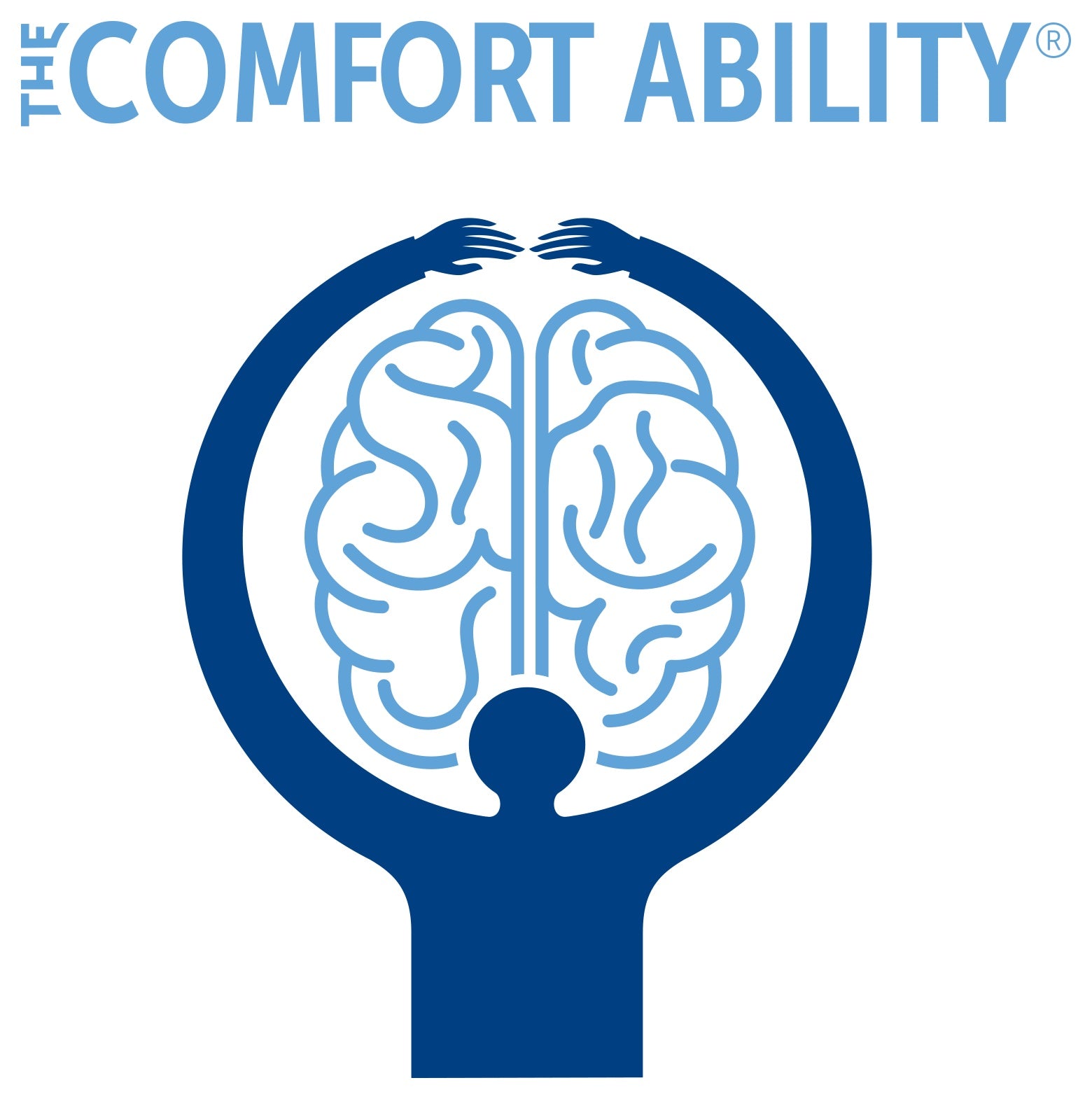
When I tell parents that chronic pain is one of the most common problems in pediatrics, occurring in about one of every four kids, they often have a hard time believing me. Despite the fact that over 1.7 million children in the United States are known to have chronic pain and that the cost of treating this pain is almost 20 billion dollars per year, chronic pain remains an invisible and under recognized health problem for kids and teens.
While there may be different underlying mechanisms for chronic pain, the treatment for chronic pain is often more similar than different across conditions. Through our increased knowledge of the neurobiology of pain we now understand that a variety of factors such as genetic predispositions, inflammation, previous pain experience, anxiety, mood, medicalstress, and many other factors can influence a child’s experience of pain.
Chronic pain also often includes a tremendous psychological and social burden; children with ongoing pain regularly miss school, are unable to participate in activities, have reduced social relationships, and are three times more likely to have symptoms of anxietyand depression than children without pain. Parents of children with pain also struggle considerably due to missed work days and the significant emotional stress of caring for a child with ongoing pain. Many families may also carry a sense of frustration and hopelessness because despite extensive medical treatment, they may perceive that nothing seems to have helped their child’s pain and pain-related disability.
Treating this complex constellation of factors often requires a multidisciplinary approach and psychological treatments are now recognized among other important interventions (e.g., medications and physical therapy) as part of the gold-standard of care. Arming parents and children with adaptive coping strategies to manage chronic pain promotes better function and reduces the risk of anxiety and depression. Psychologically based interventions can change a child’s recovery trajectory by increasing comfort, decreasing stress and improving daily function; they may even be protective if applied early in a child’s experience of pain.
Psychologists work directly with parents and children to assist them in identifying the underlying triggers or factors that may make pain worse or amplify symptoms, help to implement strategies that may reduce pain and pain-related stress, and importantly arm parents and children with the specific skills and behavioral planning needed to foster a child’s optimal functioning. But this can be tricky; many of the strategies that can help to increase comfort and reduce pain may initially seem counter-intuitive to parents and kids.
For example, here are a few important tips parents need to learn to help support their child with pain:
Getting back to function is an early goal in pain management.
Many parents are confused by the recommendation that a child should to go to school or activities even when pain persists. It’s well proven that prolonged rest can contribute to the onset of new pain problems as well as psychological challenges including mental fogginess, increased fatigue, irritability, and changes in mood. Conversely, getting back to routines and activities can help to regulate the body’s nervous system function, reduce pain and improve mood. If a child has been out of school or activities for a long time however, a slow and well-paced transition plan back to activities is needed.
Asking about a child’s pain can make pain worse.
Medical professionals ask children to rate their pain on a scale from “0-10” at almost every appointment. But, parents are told not to do this at home. Why? Asking a child how he or she feels throughout the day draws a child’s attention to pain severity and this attention to pain is research-proven to increase pain. It’s far better to ask your child to tell you if pain changes significantly; if he or she doesn’t say anything, don’t ask.
Helping too much can delay recovery.
Parents often try to help in every way possible when their child has pain. But, sometimes taking a step back is an important part of the recovery process. When parents find ways to gently shift out of the role of helping with daily tasks and activities and require children to do more, children start to see themselves as being more capable and this can lead to better long-term adaptation.
Working with a psychologist does not imply that chronic pain is a psychological problem.
Children with chronic pain and their parents greatly benefit from working with a psychologist even when psychological factors may not have contributed to the onset of pain. That being said, parents should note that children with pain are at three times more likely to have a psychological disorder as compared to the general pediatric population. In some cases anxiety and depression may come before the pain, while in other situations pain and medical stress may lead to the onset of anxiety and depression. Either way, having both chronic pain and a psychological disorder is known to lead to worse disability. Fortunately, psychological interventions can simultaneously target both and are essential for reducing a child’s risk of developing or exacerbating anxiety and depression.
Parents matter.
When parents are distressed, kids with pain tend to have worse outcomes overall. Fortunately, it works the other way as well: positive parental attitudes and behaviors can promote positive adaption and better child outcomes. Much of my work is focused on helping parents understand the complex and often counter-intuitive world of chronic pain in kids. Parents are on the front lines every day; with guidance they can be incredibly powerful in helping to alleviate their child’s experience of pain and foster long-term comfort and positive adaptation.

